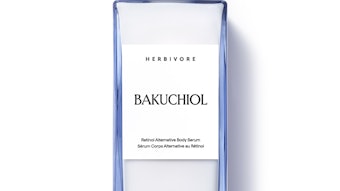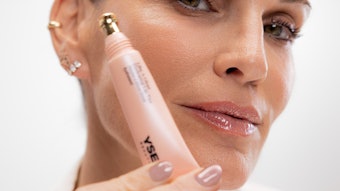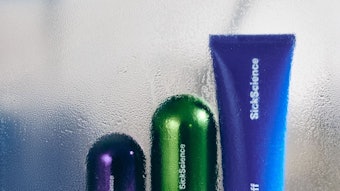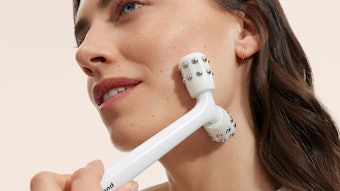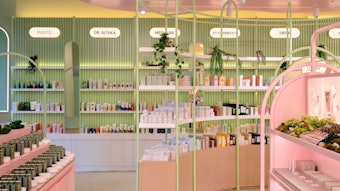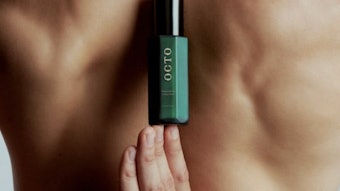Dave Lewis, president of Unilever Personal Care, spoke on Thursday, May 8, 2014, at the annual WWD Beauty CEO Summit, setting out the strategic direction and growth ambition for his business. Unilever is currently one of the fastest-growing and most profitable multi-category personal care businesses in the world. It also has a unique footprint, with 60% of its business is in emerging markets.
In his presentation, Lewis delivered a compelling view of personal care centered on the idea that all people are beautiful, rather than made beautiful. “This unique vision allows us to nurture a broad and ever-expanding portfolio of global brands that help us to provide personal care in a number of different ways: from Lifebuoy that saves the lives of millions of children to trendsetting brands such as TRESemme or Toni&Guy,” he explained.
Lewis outlined the growth opportunity of delivering margin-accretive innovation and increasing the availability of Unilever Personal Care products by opening up new channels. He explained that the ambition is to continue to build a more premium portfolio of personal care brands for Unilever while still growing business at the bottom of the pyramid. “We built our success by making our products accessible to billions of people around the world,” he noted. “But the opportunity to think up through the pyramid is clear, the case to build a more premium portfolio compelling. We are therefore making beauty as much a part of our personal care business as the need for cleanliness and the bars of soap that helped build the foundation of our business.”
Unilever has already started moving in this direction through its hair care brands, with the acquisition of Alberto Culver in 2011, which enabled Unilever to develop upscale brands Toni&Guy and TIGI. It is now extending its premium portfolio in skin, with the recent investment in Ioma, a personalized measurable skin care solution enabled by technology; and Illuminage, an FDA-approved in-home laser for wrinkle reduction.
Lewis also talked about the importance of the business integration that he has led following the creation of Unilever’s Personal Care division. “For many years we were organized in categories that studied the world’s body parts—each separately. This deep category knowledge is one of our greatest strengths. But by looking at the whole person, not just the sum of the physical parts, we are able to see more and understand more. And we are therefore better placed to serve people.”
This holistic approach is also being applied to product development. Lewis explained that Unilever is leveraging its R&D expertise and capabilities across categories to deliver ground-breaking innovation; and although he didn’t elaborate, he hinted at developments in the near future.
Lewis wrapped up his remarks outlining the importance of also taking personal care of the planet, which Unilever is doing through the Unilever Sustainable Living Plan. He also called on the industry to look at the overall environmental impact of the products, from primary sourcing of raw materials to after consumer use, and highlighted in particular the work that Unilever is already doing to reduce the impact of sourcing, packaging and water.



